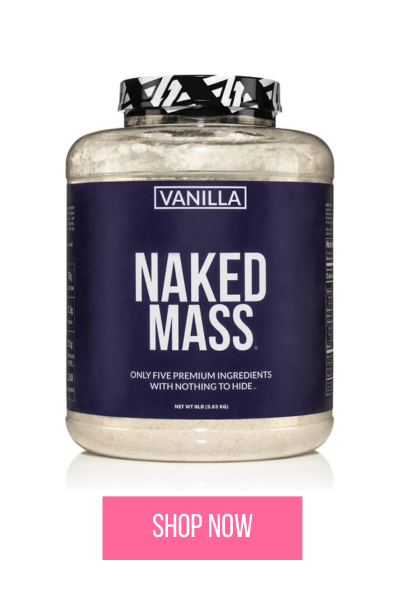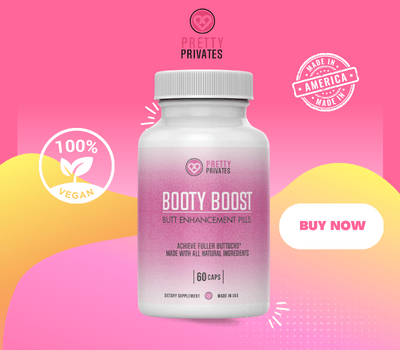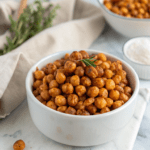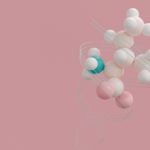5 Plant-Based Protein Sources for Vegans
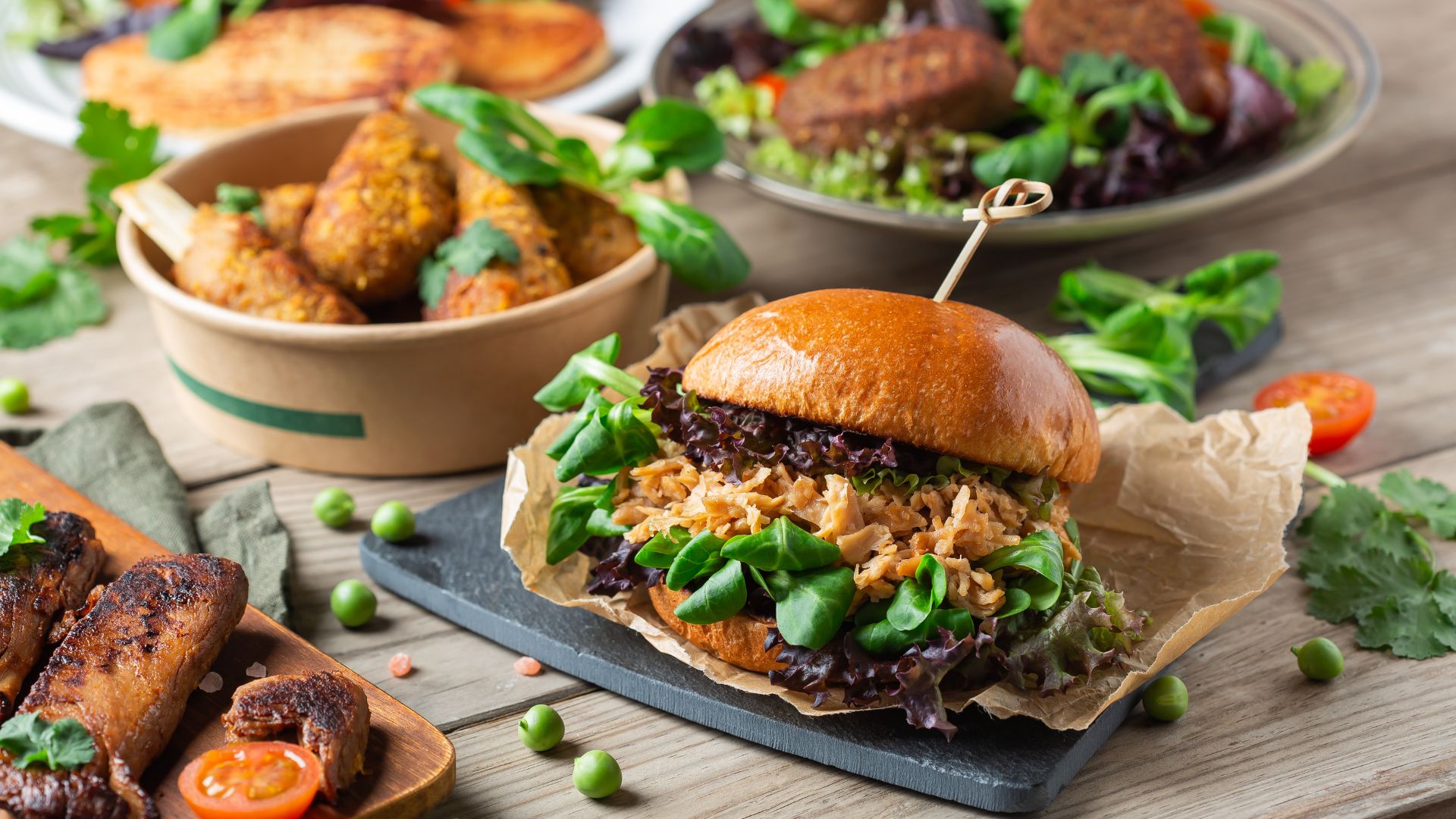
Are you curious about how vegans are able to meet their protein needs without consuming any animal products? Look no further!
In this article, we will explore and introduce you to five amazing plant-based protein sources that are perfect for vegans. Discover the array of nutrient-rich options that will not only satisfy your protein requirements but also tantalize your taste buds. Whether you are a long-time vegan or considering adopting a plant-based diet, this article will provide you with the essential information to ensure you maintain a healthy and balanced lifestyle.
Say goodbye to any misconceptions about protein intake in vegan diets, and prepare to be amazed by these five fantastic sources of plant-based protein.
Legumes
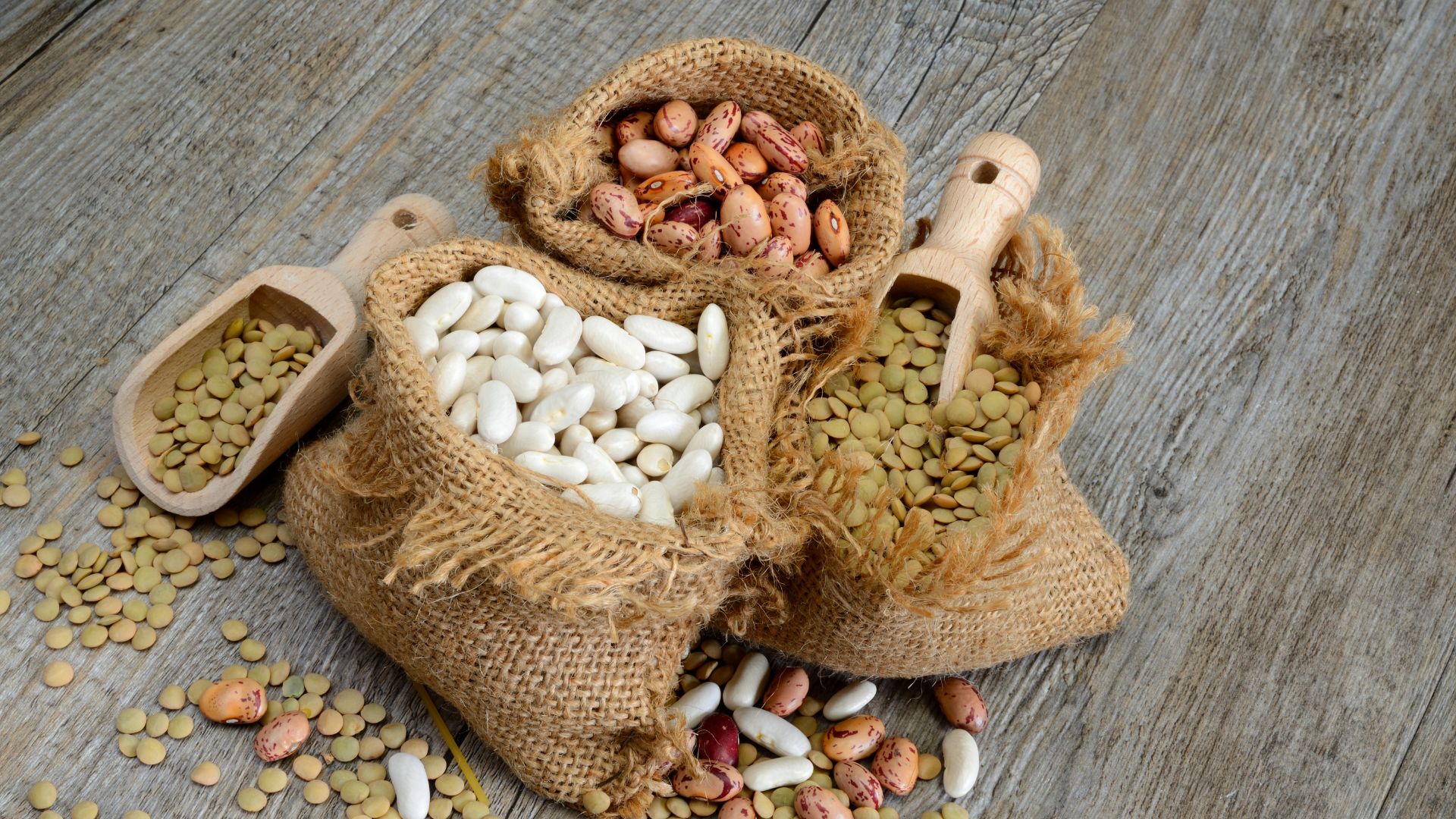
Lentils
Lentils are a fantastic plant-based protein source for vegans. They are not only rich in protein but also packed with essential nutrients. Lentils are low in fat and high in fiber, making them a great choice for maintaining a healthy diet. They are incredibly versatile and can be used in a variety of dishes such as soups, stews, and salads. Whether you prefer red, green, or brown lentils, incorporating them into your meals will ensure you’re getting a good dose of protein.
Chickpeas
Chickpeas, also known as garbanzo beans, are another excellent source of plant-based protein. They are a staple in many vegan dishes, such as hummus and falafel. Chickpeas are not only rich in protein but also provide essential vitamins and minerals like iron, folate, and zinc. Additionally, they are a great source of dietary fiber, which aids in digestion and promotes a feeling of fullness. So grab a can of chickpeas and start incorporating this delicious legume into your meals.
Black beans
Black beans are a popular legume that is widely enjoyed in various cuisines across the world. They are a nutrient-dense food, providing a generous amount of protein, fiber, and antioxidants. Black beans are also a good source of iron, folate, and magnesium, which are vital for maintaining overall health. Whether you use them in soups, salads, or as a filling for tacos, black beans are a versatile and delicious way to add plant-based protein to your diet.
Peas
Peas may be small, but they sure are mighty when it comes to protein content. Whether you prefer green peas or the slightly sweeter taste of snow peas, both varieties offer a substantial amount of protein per serving. Peas are also packed with vitamins A and C, as well as dietary fiber. You can enjoy peas in various forms, including fresh, frozen, or even dried. Add them to stir-fries, pasta dishes, or simply enjoy them as a side dish to boost your protein intake.
Soy-Based Products
Tofu
Tofu is a popular soy-based product that is often referred to as the “meat substitute” for vegans. Made from soy milk curds, tofu is an excellent source of plant-based protein. It is also rich in calcium, iron, and magnesium. Tofu has a mild taste and can easily absorb the flavors of other ingredients, making it incredibly versatile in cooking. Whether you grill it, bake it, or add it to stir-fries, tofu is a great addition to any vegan diet.
Edamame
Edamame refers to young soybeans that are typically harvested before they fully ripen. They are commonly boiled or steamed and served as a snack or appetizer. Edamame is not only a delicious treat but also a great source of protein, fiber, and essential amino acids. They are also packed with vitamins and minerals like folate, vitamin K, and manganese. So next time you’re craving a nutritious and protein-packed snack, reach for a bowl of edamame.
Tempeh
Tempeh is another soy-based product that has been gaining popularity in recent years. It is made from fermented soybeans and has a firm texture and nutty flavor. Tempeh is an excellent source of protein and also provides essential vitamins and minerals, such as iron and calcium. Due to its firm texture, tempeh is often sliced, marinated, and cooked, making it a tasty and satisfying ingredient in sandwiches, stir-fries, or even as a meat substitute in traditional dishes.
Soy milk
Soy milk is a plant-based milk alternative made from soybeans that are soaked, ground, and strained. It is a rich source of protein, often fortified with additional vitamins and minerals. Soy milk is an excellent choice for those who cannot tolerate dairy or prefer a vegan lifestyle. It can be enjoyed on its own, used as a replacement for cow’s milk in recipes, or added to smoothies and other beverages. With its creamy texture and nutritious profile, soy milk is a fantastic plant-based protein option.
Quinoa
Quinoa as a complete protein source
Quinoa is a unique grain that is often referred to as a “complete protein” as it contains all essential amino acids needed by the body. This makes it a valuable source of protein for vegans and vegetarians. In addition to its protein content, quinoa is rich in fiber and provides essential vitamins and minerals, including magnesium, iron, and zinc. Whether used as a base for salads, added to soups, or enjoyed as a side dish, quinoa is a versatile and nutrient-dense grain.
High protein content in quinoa
Quinoa is not only a complete protein but also a protein powerhouse. With approximately 8 grams of protein per cooked cup, quinoa ranks high among plant-based protein sources. This makes it an excellent choice for meeting your daily protein needs. Quinoa also has a low glycemic index, making it a satisfying option that can help control blood sugar levels. So whether you’re following a vegan diet or simply looking to add more plant-based protein to your meals, quinoa is a delicious and nutritious choice.
Nuts and Seeds
Almonds
Almonds are not only a crunchy and tasty snack but also a great source of plant-based protein. They are packed with healthy fats, fiber, vitamin E, and magnesium. Almonds can be enjoyed on their own, added to trail mixes, or incorporated into a variety of dishes like salads, stir-fries, or homemade granola bars. So grab a handful of almonds to satisfy your hunger and boost your protein intake.
Chia seeds
Chia seeds have gained popularity in recent years due to their many health benefits, including their protein content. These tiny seeds are loaded with essential amino acids, omega-3 fatty acids, and dietary fiber. When soaked in liquid, chia seeds develop a gel-like consistency, making them a fantastic addition to smoothies, puddings, or even as an egg substitute in vegan baking. Incorporating chia seeds into your diet is an easy way to increase your protein intake and enjoy their numerous nutritional benefits.
Hemp seeds
Hemp seeds are another plant-based protein source that is worth adding to your diet. They are rich in healthy fats, including omega-3 fatty acids, and provide a good amount of protein per serving. Hemp seeds are also packed with essential vitamins and minerals like magnesium, iron, and zinc. You can sprinkle them on salads, blend them into smoothies, or use them as a topping for yogurt or oatmeal. With their mild and nutty flavor, hemp seeds are a versatile and nutritious option to boost your protein intake.
Pumpkin seeds
Pumpkin seeds, also known as pepitas, are not only a popular snack but also a rich source of plant-based protein. They are packed with essential nutrients like magnesium, iron, zinc, and healthy fats. Pumpkin seeds can be enjoyed roasted, salted, or added to dishes like salads or homemade granola bars. If you’re looking to increase your protein intake while enjoying a crunchy and delicious snack, reach for a handful of pumpkin seeds.
Seitan
What is Seitan?
Seitan, also known as wheat meat or wheat gluten, is a popular meat substitute among vegans and vegetarians. It is made from gluten, the protein found in wheat. Seitan has a chewy texture and can be flavored to resemble various types of meat. It is an excellent source of plant-based protein and often used as a key ingredient in vegan dishes like stir-fries, sandwiches, and stews.
High Protein Content in Seitan
Seitan is highly regarded for its high protein content. It can contain up to 25 grams of protein per 100 grams, making it a favorite among those looking to boost their protein intake. In addition to protein, seitan is also a good source of iron and selenium. While seitan may not be suitable for individuals with gluten sensitivity or celiac disease, it provides a valuable protein option for those following a plant-based diet.
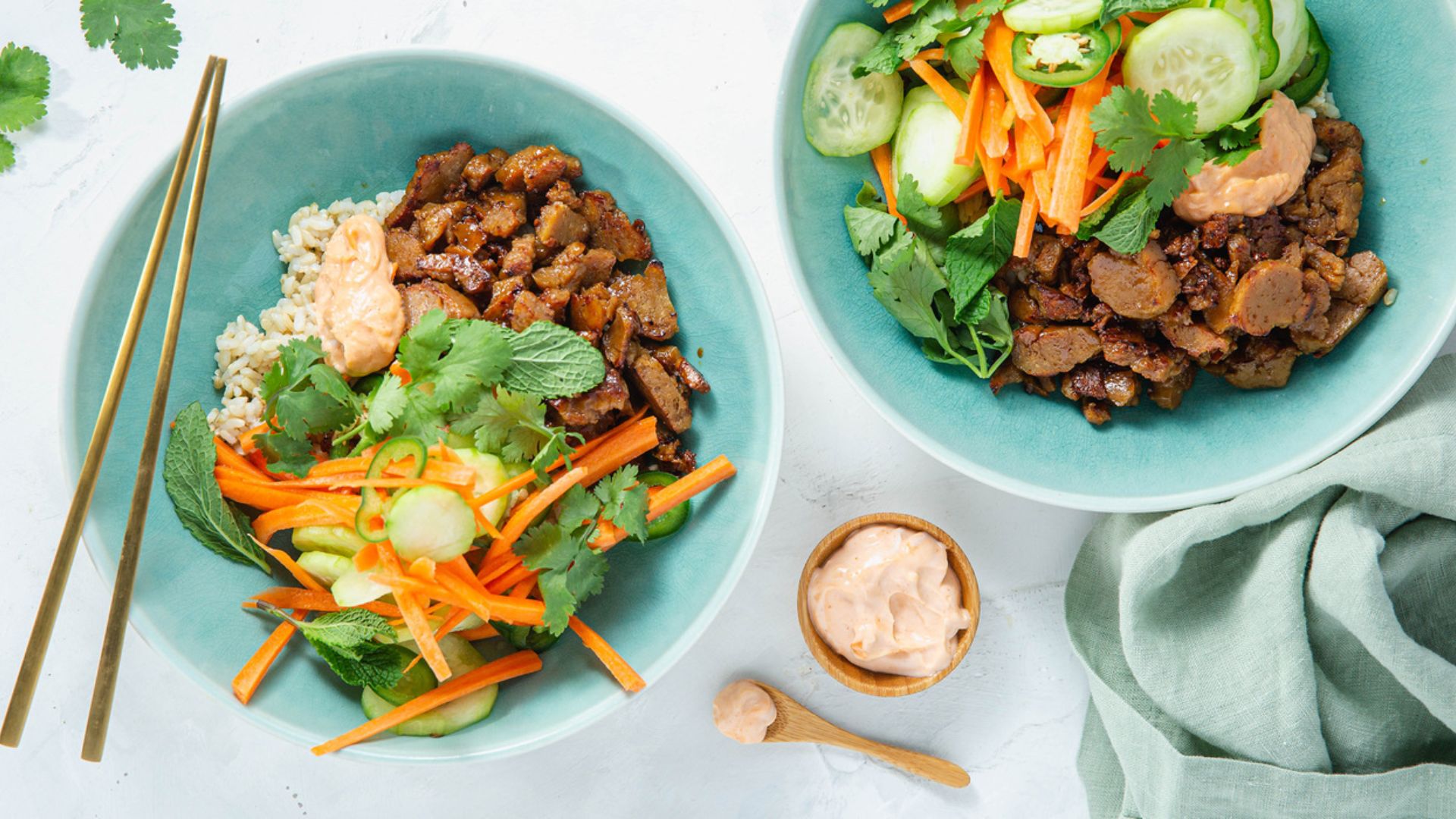
Versatility in cooking
One of the great advantages of seitan is its versatility in cooking. It can be flavored using various herbs, spices, and marinades, allowing it to mimic the tastes and textures of different types of meat. Whether you’re craving a vegan “steak,” “chicken” nuggets, or even “sausages,” seitan can be shaped and cooked to suit your preferences. Its chewy texture and ability to absorb flavors make it an excellent meat substitute for those transitioning to a plant-based diet or simply looking for new and exciting vegan recipes.
Spirulina
Nutritional benefits of spirulina
Spirulina is a nutrient-rich blue-green algae that has been consumed for centuries due to its many health benefits. It is a complete protein source, containing all essential amino acids needed by the body. Spirulina is also packed with antioxidants, vitamins, and minerals like iron, calcium, and potassium. Additionally, it is a good source of omega-3 fatty acids, which are essential for brain health. Adding spirulina to your diet can provide a protein boost along with many other important nutrients.
High protein content in spirulina
Spirulina boasts an impressive protein content, with approximately 60-70% protein by weight. This makes it one of the most protein-dense plant-based foods available. With its rich amino acid profile, spirulina provides a complete source of protein for vegans and vegetarians. Whether you incorporate it into smoothies, energy bars, or sprinkle it over salads, spirulina is an easy and convenient way to increase your protein intake.
Easy addition to smoothies and snacks
One of the easiest ways to enjoy the nutritional benefits of spirulina is by adding it to smoothies. Its vibrant green color adds a visual appeal, while the subtle flavor is easily masked by other ingredients. You can also mix spirulina into energy balls, protein bars, or even sprinkle it over popcorn for a nutritious and protein-packed snack. With its versatility and high protein content, spirulina is an excellent choice for those looking to incorporate more plant-based protein into their diet.
Nutritional Yeast
Protein content in nutritional yeast
Nutritional yeast is a popular vegan ingredient known for its cheesy and nutty flavor. It is often used as a cheese substitute in vegan recipes, and it also provides a good amount of plant-based protein. Nutritional yeast contains all nine essential amino acids, making it a complete protein source. It is also packed with vitamins, especially B vitamins, and provides a variety of minerals like zinc and selenium. Sprinkle nutritional yeast over pasta, popcorn, or incorporate it into sauces and dressings for a vegan-friendly protein boost.
Vitamin B12 supplementation
One of the key benefits of nutritional yeast, especially for vegans, is its vitamin B12 content. Vitamin B12 is primarily found in animal-based products, so it can be challenging for vegans to obtain sufficient levels from their diet alone. Nutritional yeast is often fortified with vitamin B12, providing a convenient and vegan-friendly source of this essential nutrient. Be sure to check the label to ensure the nutritional yeast you choose is fortified with B12, and enjoy the added protein and cheesy flavor it brings to your dishes.
Versatile use in recipes
Nutritional yeast is incredibly versatile and can be used in a variety of recipes to add a cheesy and nutty flavor. It can be sprinkled over pasta, salads, or roasted vegetables to enhance the taste and provide a protein boost. Nutritional yeast can also be incorporated into sauces, dressings, and dips to add richness and depth of flavor. Whether you’re looking for a vegan alternative to Parmesan cheese or simply want to add a savory kick to your meals, nutritional yeast is a wonderful addition to any plant-based pantry.
Whole Grains
Oats
Oats are a staple in many vegan diets as they are not only incredibly versatile but also provide a good source of plant-based protein. They are rich in dietary fiber, antioxidants, and essential minerals like manganese and phosphorus. Whether you enjoy them as oatmeal for breakfast, use them in pancakes and muffins, or even incorporate them into savory dishes, oats are a nutritious and satisfying way to boost your protein intake.
Brown rice
Brown rice is a whole grain that offers a valuable source of plant-based protein for vegans. It is also rich in fiber, essential minerals like magnesium and selenium, and B vitamins. Brown rice can be enjoyed as a side dish, used in stir-fries or salads, or even made into delicious rice bowls. With its nutty flavor and chewy texture, brown rice is a healthy and filling option to incorporate into your plant-based meals.
Quinoa
As mentioned earlier, quinoa is not only a complete protein but also a whole grain. Its versatility and excellent nutritional profile make it a staple in many vegan kitchens. Quinoa can be used as a base for salads, added to soups and stews, or even enjoyed as a side dish. With its high protein content and numerous health benefits, quinoa is an essential whole grain for vegans looking to meet their protein needs.
Barley
Barley is a nutritious whole grain that is often overlooked but packs a powerful protein punch. It is rich in fiber, vitamins, minerals, and antioxidants. Whether used in soups, stews, or as a substitute for rice or quinoa, barley adds a hearty texture and nutty flavor to your meals. With its nutritional benefits and protein content, barley is a delicious and healthful whole grain for any vegan diet.
Leafy Greens
Spinach
Spinach is a leafy green that is not only packed with essential vitamins and minerals but also provides a good amount of plant-based protein. It is a rich source of iron, calcium, and vitamin A, making it an excellent addition to any vegan diet. Spinach can be enjoyed raw in salads, sautéed in stir-fries, or added to smoothies for a nutrient-packed boost. With its versatility and nutritional profile, spinach is a must-have leafy green in your plant-based protein arsenal.
Kale
Kale has gained popularity in recent years due to its many health benefits, including its protein content. This leafy green is packed with essential nutrients like vitamins A, C, and K, as well as calcium, iron, and fiber. Kale can be enjoyed raw in salads, added to smoothies, or cooked in various dishes such as soups and stir-fries. Its slightly bitter taste adds a unique flavor profile to your meals while providing a protein punch.
Collard greens
Collard greens are another leafy green powerhouse that provides not only protein but also a wide range of nutrients. They are an excellent source of vitamins A, C, and K, as well as calcium and fiber. Collard greens are often used in traditional dishes like Southern-style collard greens or can be sautéed and added to wraps, stir-fries, or soups. Embrace these nutritious greens and enjoy their protein and nutrient benefits.
Swiss chard
Swiss chard is a leafy green that is known for its vibrant colors and nutritious profile. It is packed with essential vitamins and minerals like vitamins A, C, and K, as well as iron and fiber. Swiss chard can be enjoyed sautéed, steamed, or even used as a wrap for delicious and nutritious plant-based fillings. Embrace the versatility of Swiss chard and add it to your meals to increase your protein intake along with other important nutrients.
Plant-Based Protein Powders
Pea protein powder
Pea protein powder has gained popularity among vegans and athletes due to its high protein content and easy digestibility. It is made from yellow split peas and provides a concentrated source of plant-based protein. Pea protein powder is rich in essential amino acids and is a great option for those with soy or dairy allergies. It can be used in various recipes, including smoothies, protein bars, or baked goods, to add a protein boost.
Hemp protein powder
Hemp protein powder is derived from hemp seeds and offers an excellent plant-based protein source. It contains all essential amino acids, making it a complete protein option for vegans. Hemp protein powder is also rich in omega-3 fatty acids and dietary fiber. It can be added to smoothies, oatmeal, or used as a flour substitute in baking. With its nutty flavor and nutritional profile, hemp protein powder is an ideal choice for those looking to increase their protein intake.
Brown rice protein powder
Brown rice protein powder is another plant-based option for those seeking a protein boost. It is derived from brown rice and provides a good source of protein along with essential amino acids. Brown rice protein powder is often hypoallergenic and easily digestible, making it suitable for individuals with dietary restrictions or sensitivities. It can be used in smoothies, shakes, or baked goods to enhance their protein content.
Soy protein powder
Soy protein powder is derived from soybeans and offers a high-quality source of plant-based protein. It is not only rich in protein but also provides essential amino acids, iron, and vitamins. Soy protein powder is a popular choice among vegans and athletes due to its complete amino acid profile and muscle-building benefits. It can be added to various recipes, including smoothies, shakes, or even used as a protein-rich flour substitute in baking.
In conclusion, as a vegan, you have numerous plant-based protein sources to choose from. Legumes like lentils, chickpeas, black beans, and peas are excellent options that provide not only protein but also essential nutrients. Soy-based products like tofu, edamame, tempeh, and soy milk offer versatile protein-rich alternatives. Quinoa, nuts, seeds, seitan, spirulina, and nutritional yeast are all valuable sources of plant-based protein that can easily be incorporated into your diet. Additionally, whole grains, leafy greens, and plant-based protein powders give you even more choices to meet your protein needs.
Embrace these options, get creative
in the kitchen, and enjoy the benefits of a
varied and protein-rich vegan diet.
Share:
Related Posts
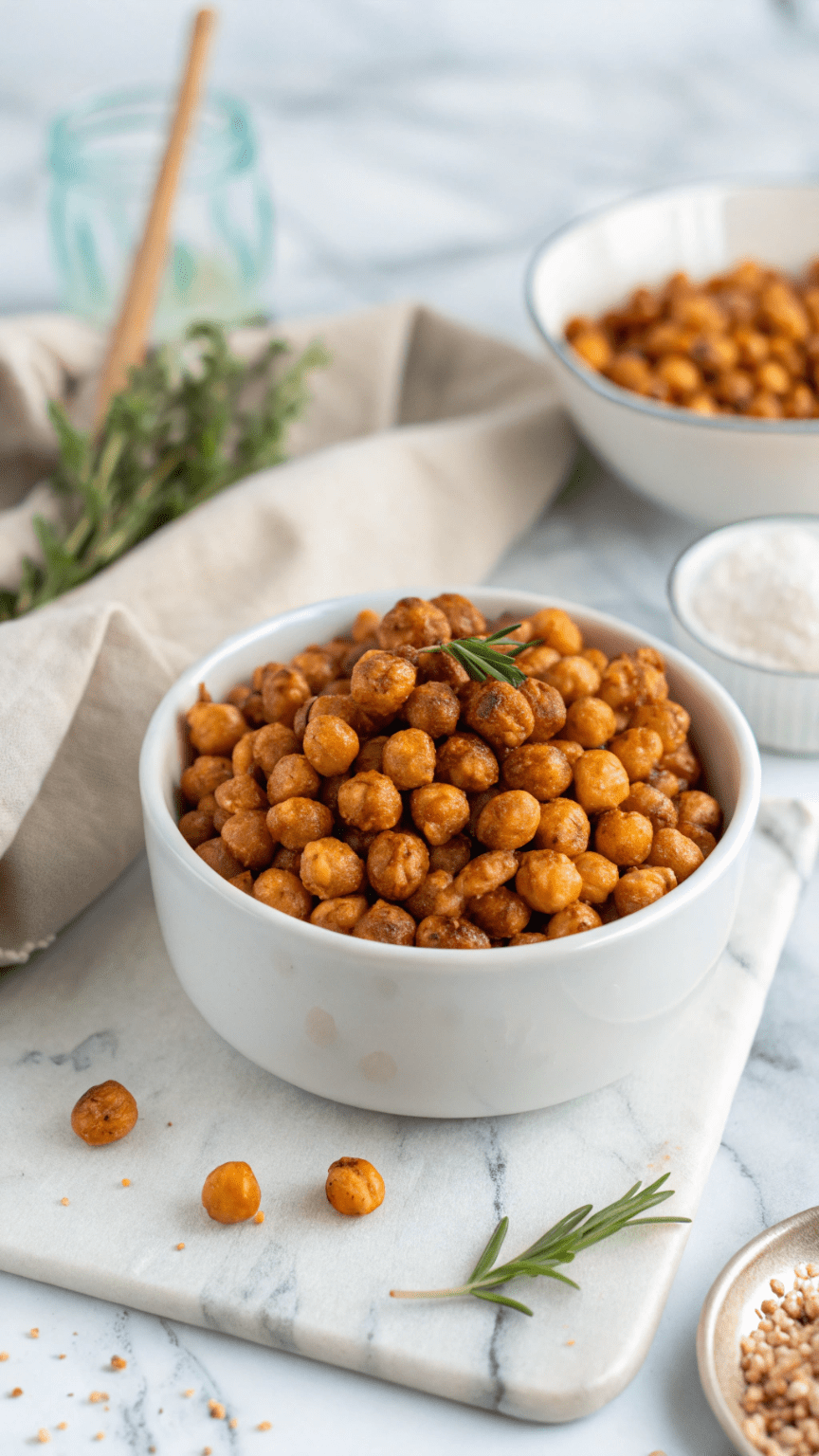
Crispy Roasted Chickpeas
Craving a healthy, crunchy snack? Try these crispy roasted chickpeas! Packed with protein and fiber, they make the perfect guilt-free munchies.

Best Core Workouts to Improve Posture and Reduce Back Pain
Discover the best core workouts for women that improve posture and reduce back pain. Strengthen your core, enhance flexibility, and support spinal health with these effective exercises.

Post-Workout Beauty Routine: Hair & Skincare Hacks
Sweaty workouts don’t have to mean bad hair and breakouts! Discover the best post-workout beauty routine with quick hair & skincare hacks to keep your skin glowing and hair fresh after every gym session.

BCAAs for Women: Do They Help With Weight Loss & Muscle Tone?
Wondering if BCAAs for women can help with weight loss and muscle tone? Learn how branched-chain amino acids support fat loss, recovery, and lean muscle growth for an effective fitness routine!

